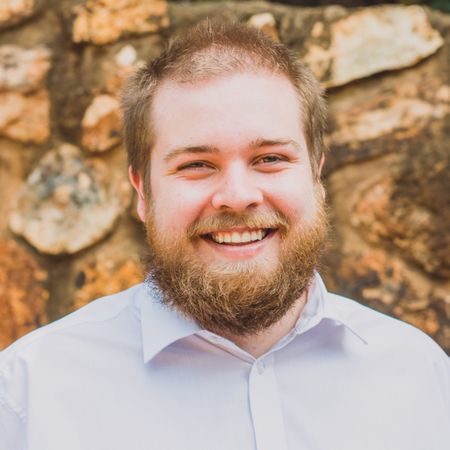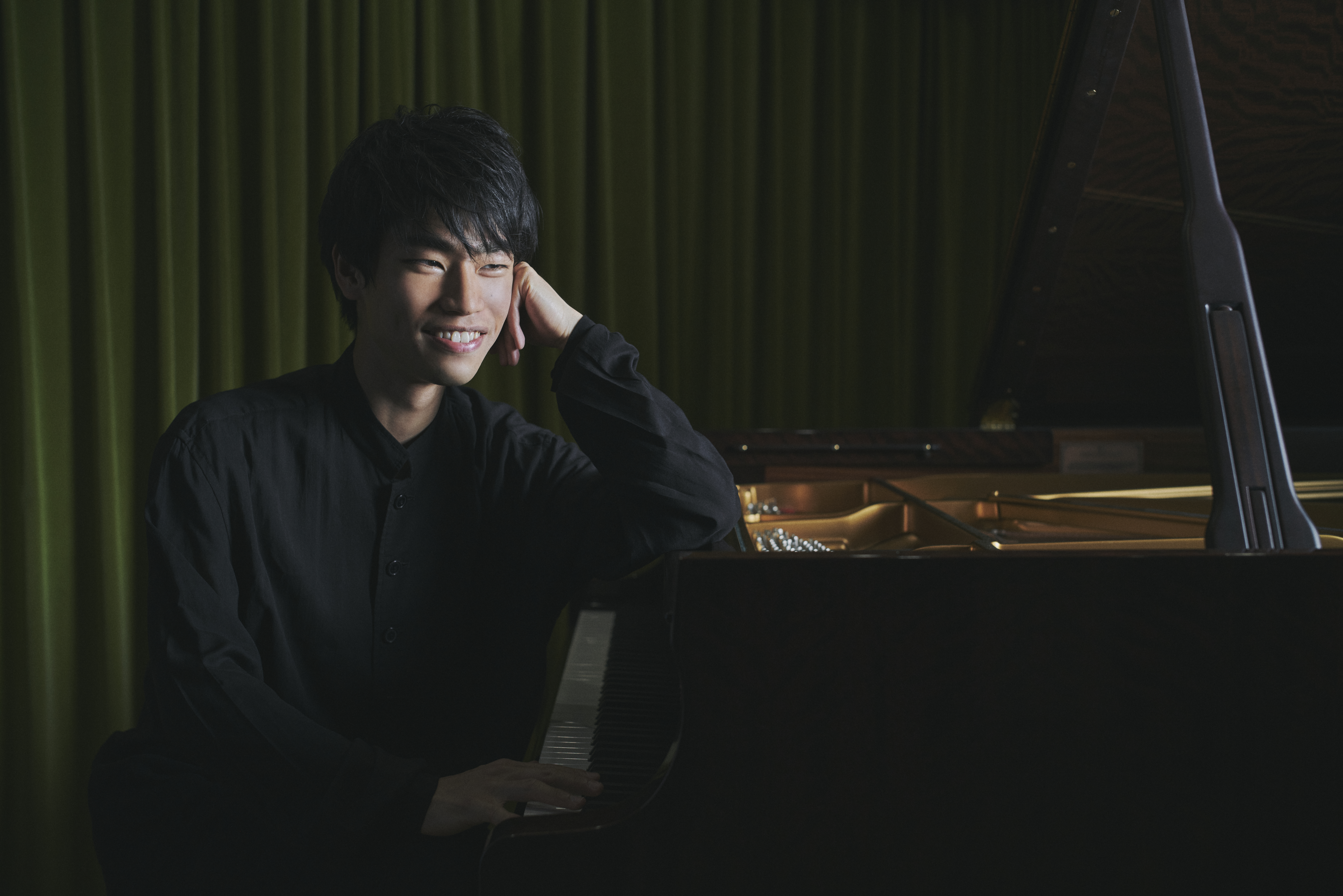
Mukawa, who arrived with top prizes at the Queen Elisabeth and Long-Thibaud-Crespin competitions to his name, played recitals for the Johannesburg Musical Society and Glenshiel, bookending a week where he came to perform Saint-Saëns’s Fifth Piano Concerto in the JPO’s Early Spring Symphony Season.
Saint-Saëns’s thrilling concerto
The French composer Camille Saint-Saëns wrote his final Piano Concerto while on vacation in the Egyptian town of Luxor, and it contains a number of different musical references. It begins conventionally enough, with a breezy Gallic charm, but is soon dashing off musical postcards from every corner of the globe: a splash in the Nile here, some snatches of Javanese gamelan music there, and then traces of Moorish perfume just when you thought you were on your way back to Paris.
It’s also a thrilling opportunity to show off pianistic brilliance, perfect for the virtuoso Saint-Saëns, who performed the solo himself at the work’s premiere. It’s marked by his craftsmanship, and still reaches highs of exuberance and joy. To hear it is an unalloyed pleasure, and a welcome addition to the JPO’s recent repertoire.
/file/dailymaverick/wp-content/uploads/2025/09/20240210-184537-DSC_0443-Lauge-Sorensen-scaled-1.jpg)
/file/dailymaverick/wp-content/uploads/2025/09/538030374_10239604267705175_8174675889046873164_n.jpg)
Keigo Mukawa’s performance
At the JPO concert, Mukawa struck a unique presence in the Linder Auditorium, visually and audibly.
His touch of the keyboard is sensitive and imaginative, and his whole body curves elegantly to create an unbroken line from the keyboard to the pedals, bracketed by the arch of his back and the flicks of his hair. Even in moments when he wasn’t playing, his hands unfurled in gestures to kindle phrases as they unfolded.
As befitting an artist who has dedicated so much of his attention to the formal constructions of JS Bach and the mercurial shadings of Ravel, Mukawa’s playing was elegant, refined and controlled to an extraordinary degree.
Then, in a handful of tense moments in the concerto’s final movement, he let rip with a hirsute wildness that was all the more exhilarating for its sharp contrast.
He has even devised a uniquely evocative technique for two wandering moments in the second movement, where his keyboard touch and pedal control made the Steinway sound like something between a zither and a gamelan instrument. Any listeners still straggling behind the musical travelogue were instantly transported.
/file/dailymaverick/wp-content/uploads/2025/09/3ui8_feG.jpeg)
The orchestra was conducted by the Taiwanese-American conductor Mei-Ann Chen and much of the specialness of the performance was also down to her and the JPO players. From the first notes to the last, the soloist, conductor and orchestra were clearly listening to each other closely and forged a superb musical integration.
Her bright presence brought Schumann’s Fourth Symphony as vividly to life as the concerto had been.
For his encore, Mukawa played a solo piano version of “The Fairy Garden”, the last movement of Ravel’s suite Ma mère l’Oye (“Mother Goose”). This brief and softly radiant piece was an astonishingly moving choice to end his performance. In three minutes, Ravel creates an open space that blossoms and glows, and the joy it brings comes with grief too: by the time it ends, you never want to return to the outside world.
Glenshiel recital
Glenshiel, a national monument at the very top of Westcliff, is a historic mansion built for a mining magnate in 1910.
After his death, it was used as a hospital during World War 2, and is now lent to be used in perpetuity by the Order of St John. Its grand wood-panelled drawing room also hosts chamber music and solo recitals, under the Recitals at Glenshiel series.
The intimate recital venue provides a fascinating contrast with the large Linder Auditorium. For Mukawa’s performance, the room was packed to overflowing, with 105 chairs crammed into the bounded space. The average distance between each listener and the piano was about 3m, and the proximity delivered an altogether different listening experience.
The bass notes’ vibrations could be felt in listeners’ feet through the floor. We could hear when the pianist took a sharp breath, and the ever-so-slightly prolonged action of lifting the pedal, to let a chord dissolve across the soundboard.
A memorable, intimate experience
Mukawa devised a programme particularly for the space, of French salon music.
He began with Poulenc’s Suite française, a gleeful suite of Renaissance dances reimagined by a pious modernist. Poulenc has always been known as “part monk, part hooligan”, and while his works sparkle with a sense of play, they also sigh with introspection, and a pathos to which Mukawa gave a distinctive, opaque depth.
He followed with Chopin’s C-sharp minor Nocturne, E major Scherzo, and A-flat major Polonaise (the “Heroic” Polonaise), all spirited and intelligently discharged.
With the windows open behind the audience, and Glenshiel’s stunning aloe garden in bloom, the songs of sunbirds and bulbuls gave a delightful and exclusive counterpoint to the piano’s melodies. It was an ephemeral moment of live music-making that integrates the surrounding world, and cannot be repeated.
After an interval, Mukawa played Mirror of Stars, a minimalist work by the recently deceased Japanese composer Akira Nishimura. It uses sparse melodic snatches and wide-open spaces of echoes and silence to evoke an endless cosmos.
Mukawa came most fully to life in his final four works, a selection of Ravel’s piano pieces, including the suite Le Tombeau de Couperin, which Ravel wrote to mourn loved ones lost during World War 1.
For pianists, music is as much a physical experience as a mental one. When sitting in such close quarters to the artist and his instrument, the audience briefly shared in part of the physicality of that experience, too. The piano’s vibrations not only entered our ears, but washed as waves across the whole body, and so beside the simple hearing of a performance, we encountered the music fully and in itself. DM
For those who missed Keigo Mukawa’s performance at the JPO, you can hear him play the same concerto on YouTube here.
For information on the JPO and upcoming performances, visit their website.
For information on Recitals at Glenshiel, visit their Facebook page or Instagram page.





 Keigo Mukawa (Photograph: Yuji Ueno)
Keigo Mukawa (Photograph: Yuji Ueno)